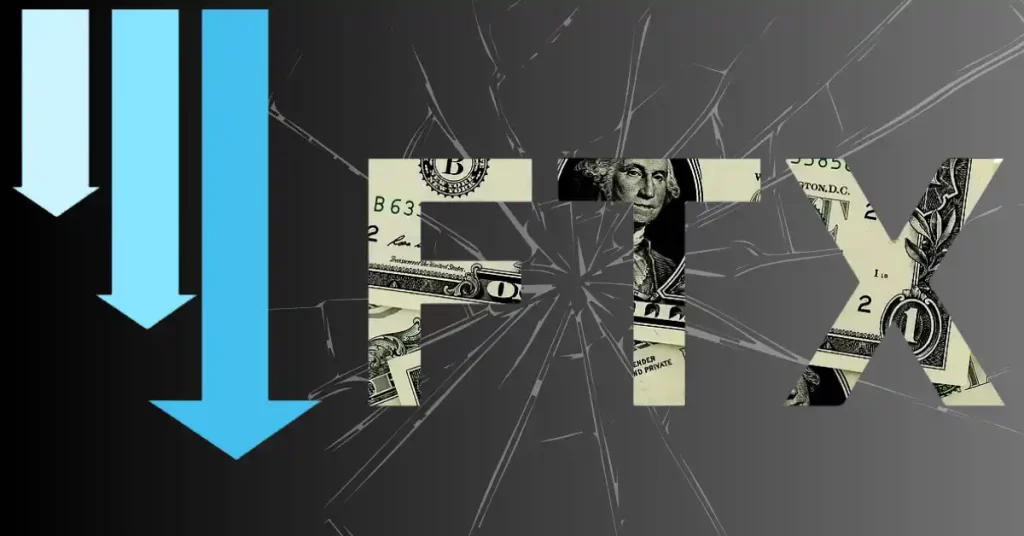
“Consensus by CoinDesk 2023” reached its final day on the 29th. It was an exciting time listening to the fascinating discussions that emerged from many speakers and sessions.
Members of the US CoinDesk editorial department reflected on what they learned from “Consensus 2023” and talked about the important issues that will determine the future direction of the cryptocurrency industry from their respective areas of expertise.
Nick Baker Associate Editor
Coming in for the first time this year, I can tell you how big and impressive Consensus was.
First, the level of optimism people have about cryptocurrencies is very high. This is surprising given the extremely poor regulatory outlook. This is partly due to self-selection bias. Those paying a reasonable entry fee for this event are likely to be optimistic about crypto. But the juxtaposition of real big problems and optimism was striking.
Second, I know people in traditional finance (TradFi) very well, but TradFi is also very interested in the future of crypto-assets and the migration of TradFi to crypto-assets and crypto-related infrastructure. highly appreciated. Now, of course, we’ve been working on it for years, but with little success. But TradFi hasn’t hesitated.
Ben Schiller, Head of Consensus Magazine
What Kate Brady, PepsiCo’s head of Web3 communications at PepsiCo said on stage, hit me hard. As you know, PepsiCo is a brand that can be said to be a symbol of America. It’s never part of the crypto industry, but it’s trying to get into Web3. “It’s hurting my job and it’s hurting PepsiCo because the regulations aren’t clear,” he said on stage. This is clearly the most needed thing in the industry right now, so it was very interesting. Various guidelines have been issued by Washington, DC. However, I believe that such discussions and issues only affect those in the relatively small world of crypto assets.
But it made me realize that regulatory issues actually affect every American company, every person who wants to develop Web3 in America. Moreover, it targets a wide range of people. So if anyone at a company like PepsiCo is concerned about crypto policy, then as an industry, or as a country, we should pay more attention. If those companies say so, it’s critically important to everyone.
In addition, the lack of policy-making and predictable regulatory enforcement in Washington, D.C., clearly poses a broader threat to America than we think. From a broad perspective, it is a concern about America’s competitiveness, which is really unforgivable at this point. Many parts of Europe and Asia now have established relatively clear regulatory frameworks. However, the United States, which should be the main base of the blockchain industry, is different. More and more people and organizations are being affected.
Nikhilesh De, Managing Editor, Global Policy & Regulation
What’s really interesting to me about the regulatory debate is that it’s happening in parallel with what’s going on in Congress and in other countries. This past week has been a very busy week.
In recent days, Congress has introduced legislation to assess the potential for cryptocurrencies to be used for criminal and terrorist activities. In addition, multiple public hearings on crypto assets were held during Consensus.
This morning, the Federal Reserve (Fed), Federal Deposit Insurance Corporation (FDIC), General Accounting Office (GAO), and the New York State Department of Financial Services (NYDFS) issued a briefing on the root causes of the failures of Signature and Silicon Valley banks. published a report.
As we hold Consensus, we monitor regulatory developments and discuss policy issues unfolding in real time. Whether or not we can see a solution in terms of legislation and rulemaking is still up for debate. But we are making progress and not without accomplishments.
Amitoj Singh Regulatory Affairs
My takeaway is how regulators outside the US think about crypto assets as the US is at a standstill in both Congress and regulators. No other major economy would frame it in a way that would make it appear piggybacked on America’s impasse. But the fact that companies like Coinbase have publicly stated that they may also flee abroad is exactly what countries other than the US are preparing for.
The question is whether the G20 countries will adjust their own rules for the globally coordinated rules they say are essential to overseeing the cryptocurrency sector when the US comes up with its own regulatory framework. .
Cheyenne Ligon Regulatory
The session on territorial disputes between the Commodity Futures Trading Commission (CFTC) and the Securities and Exchange Commission (SEC) was very interesting. Unsurprisingly, two former regulators — one from the SEC and one from the CFTC — disagreed over the path to clarifying crypto regulation. Former CFTC member Brian Quintenz called on Congress to enact legislation on the issue. Former SEC attorney Dan Berkovitz said he didn’t think legislation would solve the problem.
But for the time being, they agreed that regulation would be enforced. Crypto-asset regulation is likely to remain in turmoil for some time to come.
|Translation: coindesk JAPAN
|Editing: Takayuki Masuda
|Image: Consensus 2023/CoinDesk
|Original: 5 Consensus 2023 Takeaways
The post Consensus 2023, harvest of 5 editors | coindesk JAPAN appeared first on Our Bitcoin News.

 2 years ago
88
2 years ago
88














 English (US) ·
English (US) ·